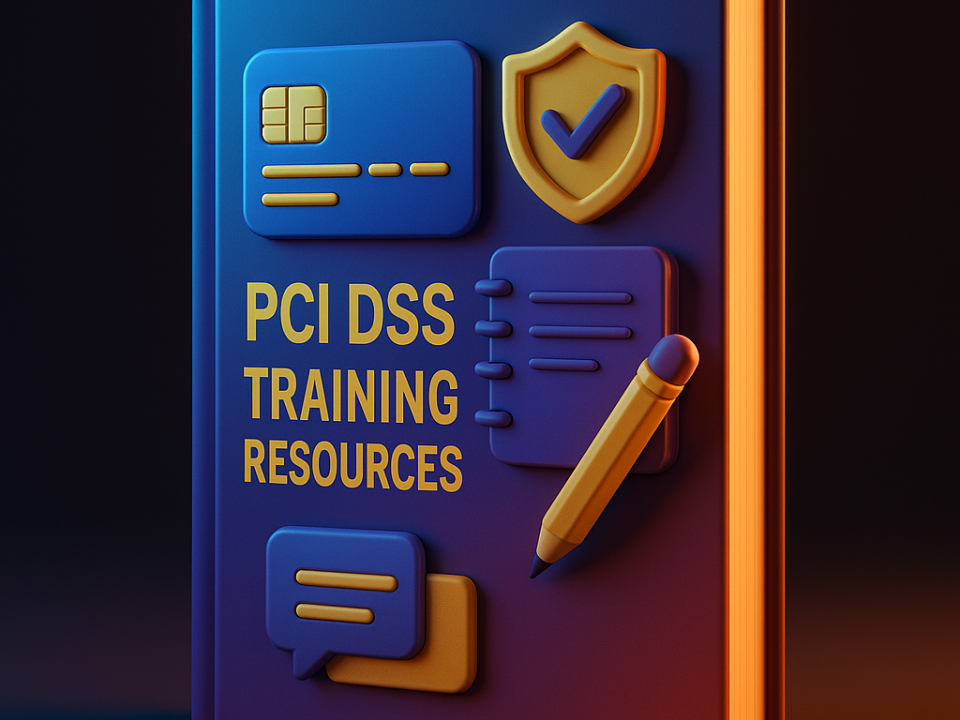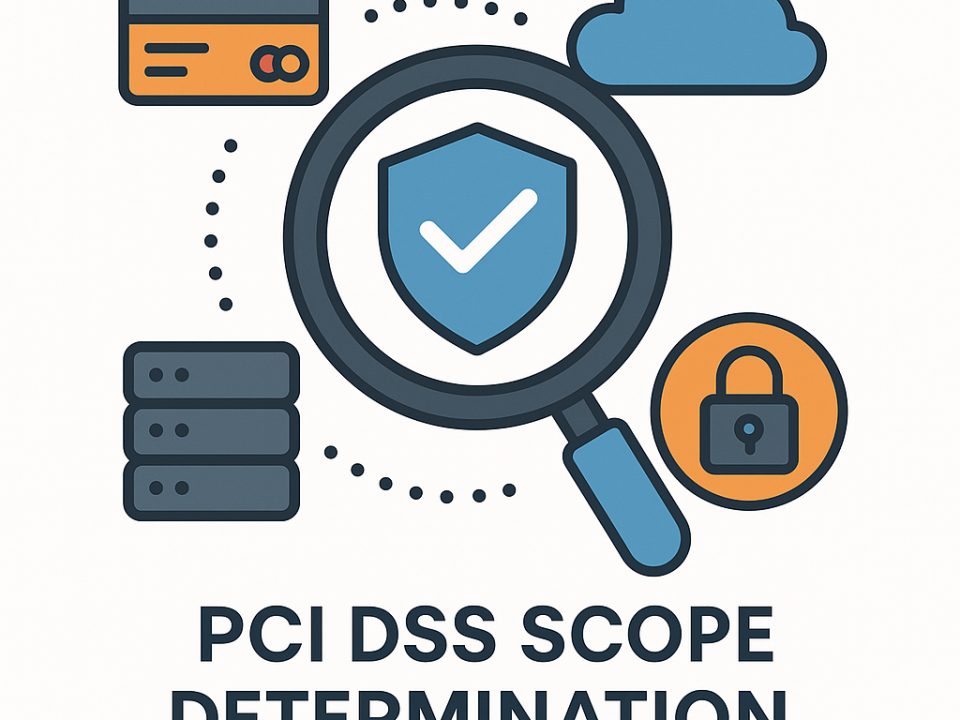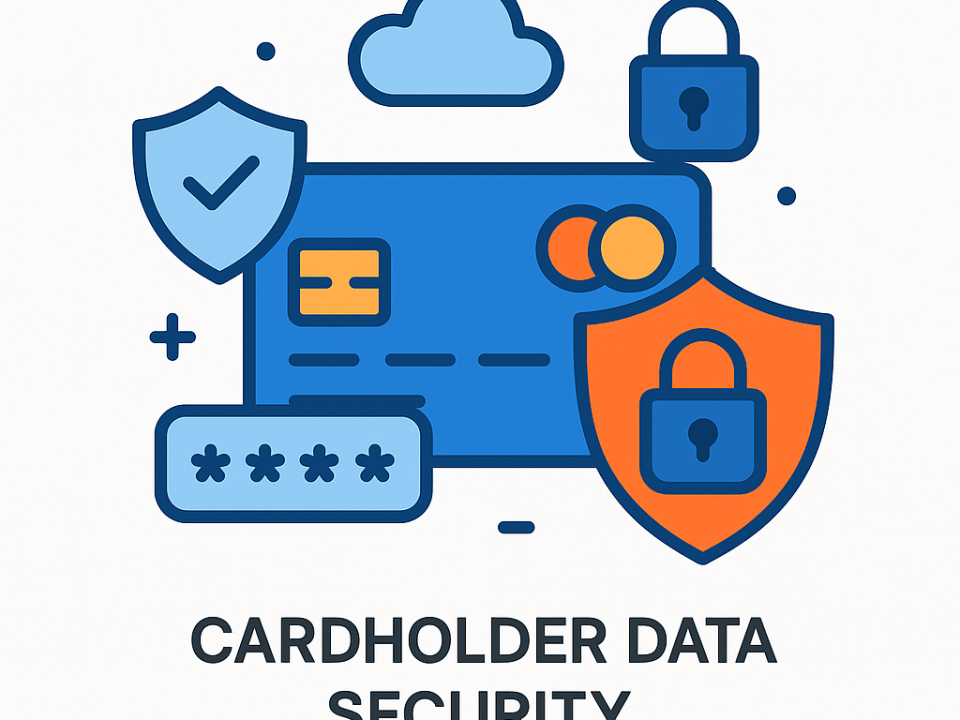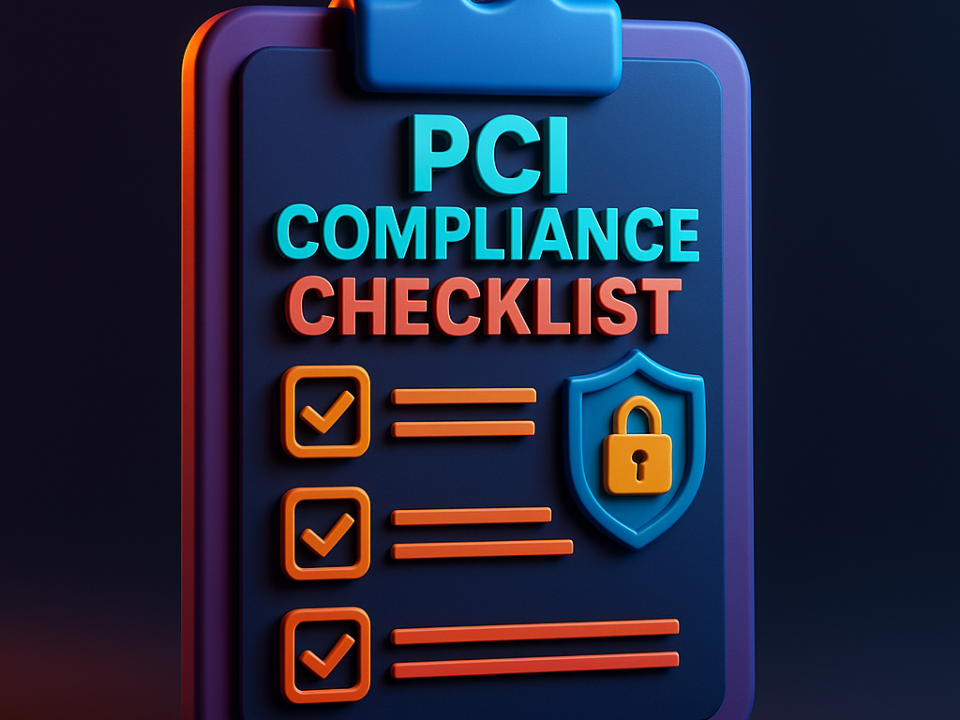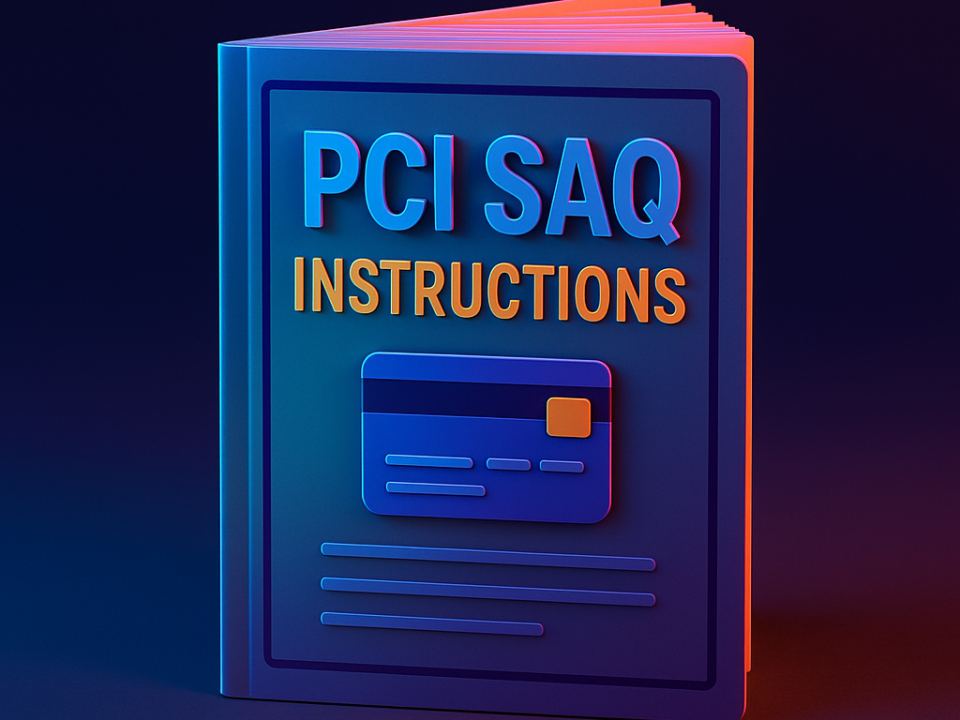
PCI compliance checklist
June 12, 2025
Emerging Trends in Cardholder Data Security: Tokenization Techniques
June 12, 2025Continuous compliance monitoring refers to the ongoing assessment of an organization’s adherence to the Payment Card Industry Data Security Standard (PCI DSS). This under-explored subtopic is vital for cybersecurity experts and IT professionals, as it provides a dynamic framework for ensuring compliance rather than relying on traditional, periodic assessments. CisoGrid, dedicated to Cybersecrurity Remote Staffing, recognizes that by adopting continuous compliance monitoring, remote teams can maintain a robust security posture that evolves with emerging threats.
The Shift from Periodic Assessments to Continuous Compliance
Traditionally, PCI DSS assessments occurred annually, leading to gaps in compliance and oversight. Continuous compliance, however, allows organizations to identify vulnerabilities in real-time, making security a proactive rather than reactive endeavor.
- Periodic assessments can leave organizations vulnerable to new threats.
- Continuous compliance involves regular security checks and updates.
- Real-time monitoring reduces the risk of non-compliance penalties.
- It fosters a culture of security within the organization.
Technologies Enabling Continuous Compliance
Several innovative technologies drive continuous compliance monitoring, allowing organizations to automate processes that might previously consume significant resources.
- Security Information and Event Management (SIEM) tools for real-time threat detection.
- Automated vulnerability scanners to identify and address weaknesses.
- Cloud-based solutions to facilitate remote compliance efforts.
- Integrated compliance dashboards that streamline reporting and oversight.
Best Practices for Implementing Continuous Compliance
Transitioning to a model of continuous compliance demands careful planning and execution to ensure success and maximum benefits.
- Establish clear roles and responsibilities within the security team.
- Utilize comprehensive training programs for staff on compliance standards.
- Engage with third-party auditors for objective assessments of security measures.
- Regularly review and update compliance strategies to reflect evolving threats.
Case Study: Continuous Compliance in Action
A leading e-commerce platform transitioned to continuous compliance monitoring and reported a drastic reduction in compliance-related incidents. By leveraging real-time data, they could proactively address potential breaches before they escalated.
- Decreased incident response time by 40%.
- Achieved a 90% reduction in non-compliance fines.
- Boosted customer trust, resulting in a 15% increase in transactions.
Data-Driven Insights: The Future of PCI DSS Compliance
Emerging research highlights that organizations using continuous compliance monitoring report higher levels of data security and reduced instances of fraud.
- 75% of organizations using continuous compliance had fewer data breaches.
- Companies adopting real-time compliance monitoring saved an average of $500,000 annually.
- Customer trust increased by 50%, leading to greater loyalty.
The strategic importance of continuous compliance monitoring in the PCI DSS framework cannot be overstated. As cyber threats evolve, a proactive approach to compliance is crucial for businesses looking to secure sensitive customer data. To enhance your organization’s security posture and maintain compliance, consider partnering with CisoGrid—Cybersecrurity Remote Staffing. Apply these insights to ensure your team is prepared to face the challenges of the future.


